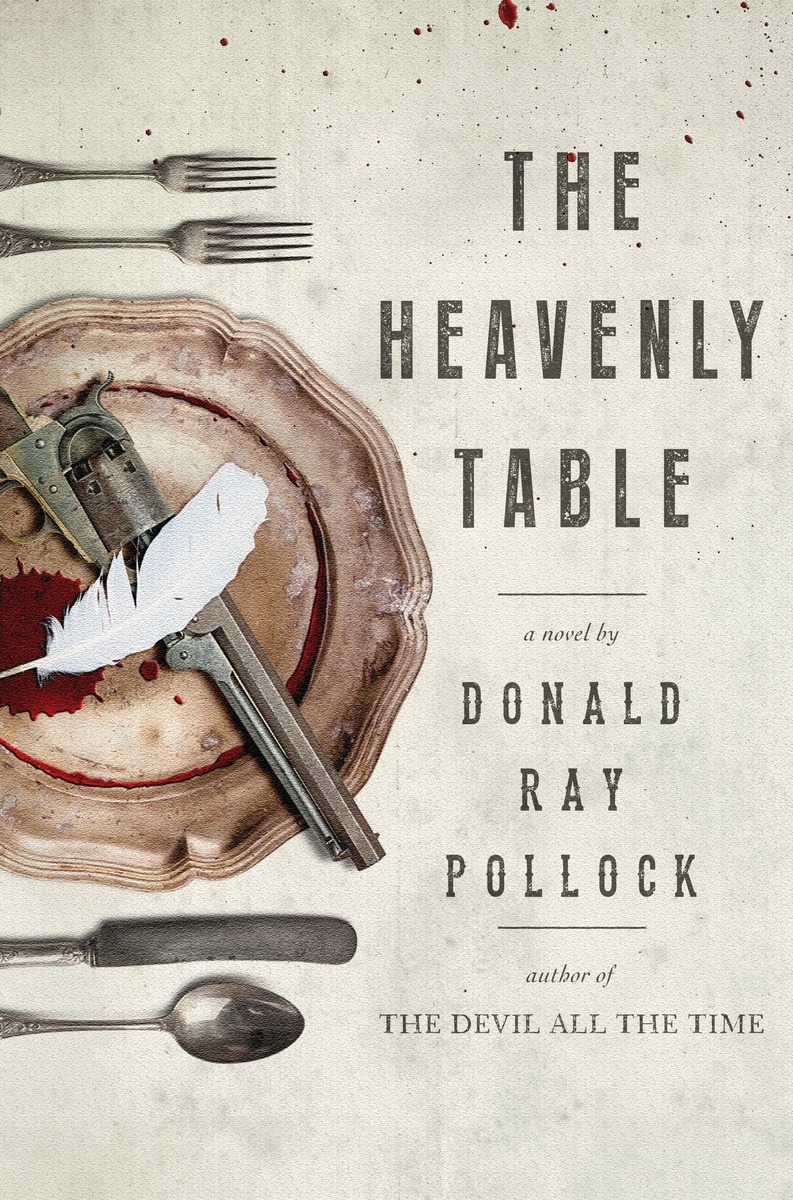Beyond Bullets and Battles
Redeployment, Phil Klay’s debut story collection, considers the complexity of modern warfare
The twelve stories in Redeployment— Phil Klay’s debut story collection, which has just been long-listed for the National Book Award— immerse readers in the complex business of modern warfare. Though there’s plenty of blood and violence here, these sophisticated Iraq-war narratives go far beyond battles and their aftermath. Some fighters compete for kill rankings; some shoot corpse-eating dogs; some have to be counseled, patched up, or shipped home in a body bag. The enemy must be manipulated into positions where they can be killed, and infrastructure has to be re-commissioned despite politics and incompetence. And in the aftermath, veterans come home and redeploy to domesticity, adjust to disfigurements, and cope with the physical or psychic injuries that all veterans bear for a lifetime.
 The stories are as varied as the participants. “OIF”—at four pages, the shortest story in the collection—mocks the jargon and acronym-speak so characteristic of the modern military. One of the longer stories, “Money as a Weapons System,” highlights the absurdities that arise when back-home politics mix with Iraqi traditions of sectarian squabbles, incompetence, bureaucratic obstruction, and customs like temporary marriages. In “Bodies,” the narrator is a collector of corpses: “All of us had stains on our cammies. The smell of it gets into your skin. Putting down food is hard after processing, so by the end of the deployment we were gaunt from poor nutrition, sleep deprived from bad dreams, and shambling through base like a bunch of zombies.”
The stories are as varied as the participants. “OIF”—at four pages, the shortest story in the collection—mocks the jargon and acronym-speak so characteristic of the modern military. One of the longer stories, “Money as a Weapons System,” highlights the absurdities that arise when back-home politics mix with Iraqi traditions of sectarian squabbles, incompetence, bureaucratic obstruction, and customs like temporary marriages. In “Bodies,” the narrator is a collector of corpses: “All of us had stains on our cammies. The smell of it gets into your skin. Putting down food is hard after processing, so by the end of the deployment we were gaunt from poor nutrition, sleep deprived from bad dreams, and shambling through base like a bunch of zombies.”
“Prayer in the Furnace” follows a chaplain’s struggles when he learns that one company is trying to augment its contact-and-kill rating by exposing new recruits for insurgents to shoot at, thus revealing themselves. The practice violates the Rules of Engagement, but the major won’t authorize an investigation, he says, because “I don’t want my Marines thinking I don’t have their back.” The chaplain’s only recourse is prayer: “I asked God to protect the battalion from further harm. I knew He would not. I asked Him to bring abuses to light. I knew He would not. I asked Him, finally, for grace.” The story is a sensitive examination of the fundamental contradictions of war, told in the interactions between warriors through the conscience of their chaplain.
The multi-layered, forty-page “Psychological Operations” is told by an Egyptian Copt, whose job in the U.S. Army had been to broadcast Arabic propaganda so enraging that insurgents would charge out in ill-considered attacks that exposed them to slaughter. Now he’s a student at Amherst, cynically playing his role as a veteran: “Everyone assumed I’d had some soul-scarring encounter with the Real: the harsh, unvarnished, violent world-as-it-is, outside the bubble of America and academia, a sojourn to the Heart of Darkness that either destroys you or leaves you sadder and wiser,” he observes. “It’s bullshit, of course.” What he’s really interested in is his feisty female classmate, a convert to Islam who turns him in to the Special Assistant to the President for Diversity and Inclusion for failing to show “respect for the rights, dignity, and integrity of others.” In the aftermath of their confrontation, they share a hookah at his place. As he launches his campaign with her, their sparring provides the dialogue through which his war story emerges.
Most of Klay’s carefully researched and finely crafted stories focus on human struggle—with ego, hate, fear, self-preservation, sexual deprivation, moral and ethical uncertainty, and emotional strain as friends are killed or mutilated, lovers desert, and fighters find themselves doing unspeakable things. War certainly expands and intensifies human experience. The power of Klay’s book relies on war, but it also leaves readers wishing that our supposedly rational species could evolve past it.

Ralph Bowden, who holds a Ph.D. from the University of North Carolina, has worked as an electrical engineer, history professor, home builder, alternative-energy consultant, and technical writer. A former resident of both Knoxville and Chattanooga, he lives in Cookeville.


